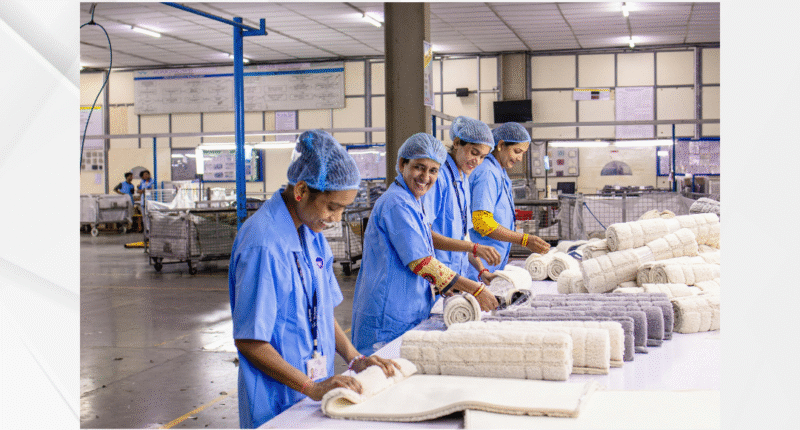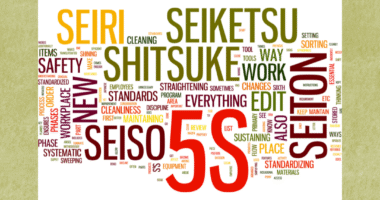Lean manufacturing is not just a set of tools—it is a mindset that drives efficiency, reduces waste, and maximizes value for customers. However, successful implementation relies heavily on employee engagement and training. A well-trained team can apply lean principles consistently and contribute to a culture of continuous improvement. This article explores how to effectively train your team in lean manufacturing practices.
Why Training in Lean Manufacturing Matters
Training ensures that employees not only understand lean tools but also embrace the philosophy behind them. Without proper training, lean initiatives may face resistance or be inconsistently applied. A knowledgeable workforce will:
-
Identify and eliminate waste more effectively.
-
Standardize processes for better quality control.
-
Contribute ideas for continuous improvement.
-
Work collaboratively to meet customer demands.
Steps to Train Your Team in Lean Manufacturing Practices
1. Start with Lean Awareness Sessions
Introduce the basics of lean, including its history, principles, and benefits. These sessions help employees understand why lean matters and how it aligns with company goals.
2. Provide Hands-On Training
Practical exercises such as value stream mapping, 5S workplace organization, or Kanban simulations give employees direct experience with lean tools. Hands-on learning is more effective than theory alone.
3. Implement a Mentorship Program
Pair experienced lean practitioners with newer employees. Mentorship helps transfer knowledge, build confidence, and ensure lean methods are applied correctly on the job.
4. Encourage Employee Involvement
Lean thrives on collaboration. Encourage employees to share ideas for process improvements and involve them in problem-solving workshops, such as Kaizen events.
5. Use Continuous Learning Methods
Training should not be a one-time event. Regular refresher courses, on-the-job coaching, and online learning modules help employees strengthen their lean skills over time.
6. Measure and Recognize Progress
Track key performance indicators (KPIs) like waste reduction, cycle time, and productivity improvements. Recognize employee contributions to reinforce positive behavior and sustain motivation.
Benefits of Lean Training for Teams
When teams are trained in lean practices, organizations benefit from:
-
Reduced waste and lower operating costs.
-
Improved product quality and customer satisfaction.
-
Stronger teamwork and employee engagement.
-
Greater adaptability to market demands.
-
Long-term culture of continuous improvement.
Conclusion
Training your team in lean manufacturing practices is an investment in both people and performance. By combining awareness, hands-on practice, mentorship, and continuous learning, companies can build a skilled workforce that applies lean consistently. The result is a culture of efficiency, innovation, and growth—key ingredients for lasting manufacturing success.









